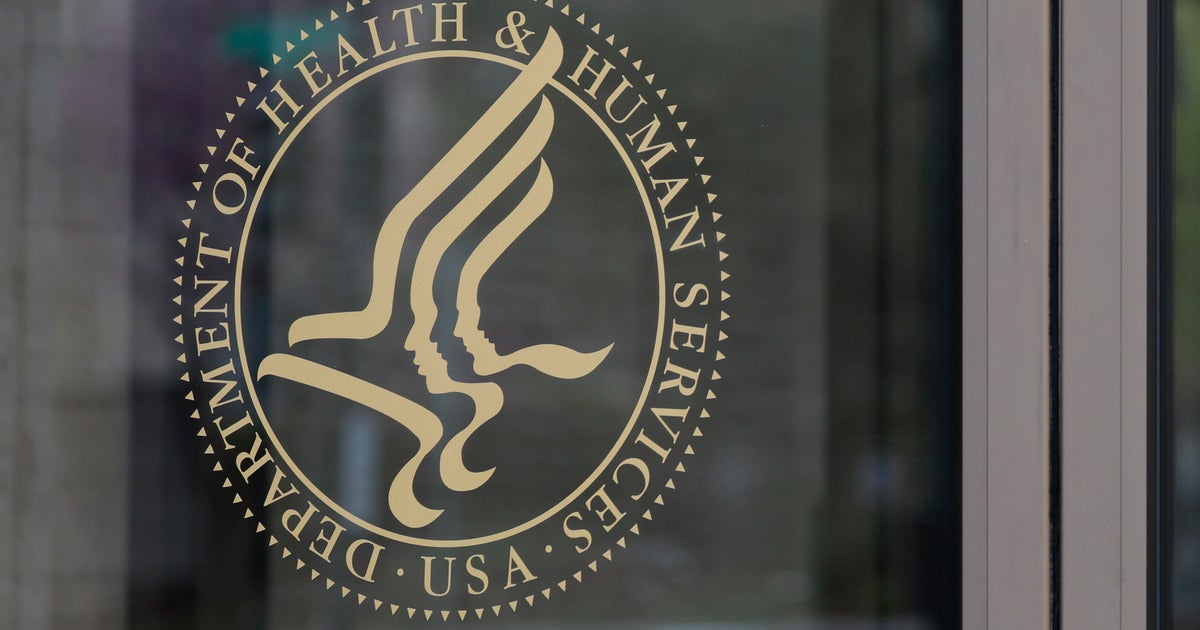Health Department Reverses Plan to Create Autism Register
The Ministry of Health and Human Services has announced that it does not plan to create an autism register, contradicting earlier statements made by the director of the National Institutes of Health (NIH). According to a department official, the real data platform will instead link existing data records to support research on the causes of autism and improve treatment strategies.
Background on the Controversy
The NIH director, Dr. Jay Bhattcharya, had previously described plans to collect a large amount of confidential health data as part of the secretary for health and human services’ autism research efforts. This announcement was met with intense criticism from advocacy groups and autism researchers, who expressed concerns about patient privacy and the potential for unfounded claims.
Reversal of the Plan
The Health and Human Services (HHS) official stated that the department does not create an autism registration, and the real data platform will focus on linking existing data records. The official did not explain why the initial plan was reversed or whether Dr. Bhattcharya had misspoken. Dr. Bhattcharya did not respond to requests for comment, and HHS did not provide an interview with him about the register.
Research Efforts and Funding
The research efforts, including the data platform, are expected to receive around $50 million in funding. The goal of the project is to understand the causes of Autism Spectrum Disorder (ASD) and improve treatments by using large data resources and promoting collaboration between sectors. The NIH plans to investigate partnerships with other federal agencies to enable a comprehensive data set for the healthcare system, while maintaining the highest security standards and patient privacy.
Data Repository and Patient Privacy
The NIH has stated that its "safe data repository" will analyze large, de-identified data for autism and chronic diseases, similar to the agency’s cancer database. The agency claims that all databases managed by NIH follow the highest security and privacy standards, with the protection of personal health information as a top priority. The NIH emphasizes that the efforts are not about pursuing individuals, but rather about supporting research on autism and other areas, such as chronic diseases.
Recent Developments and Timeline
The HHS declaration marks a recent change to the autism research efforts, which were first announced by the secretary for health and human services earlier this month. Dr. Bhattcharya expects the funding for autism research to be awarded by September, later than the initial timeline proposed by the secretary. The NIH director notes that it is difficult to guarantee when science will progress, and the timeline may be subject to change.

